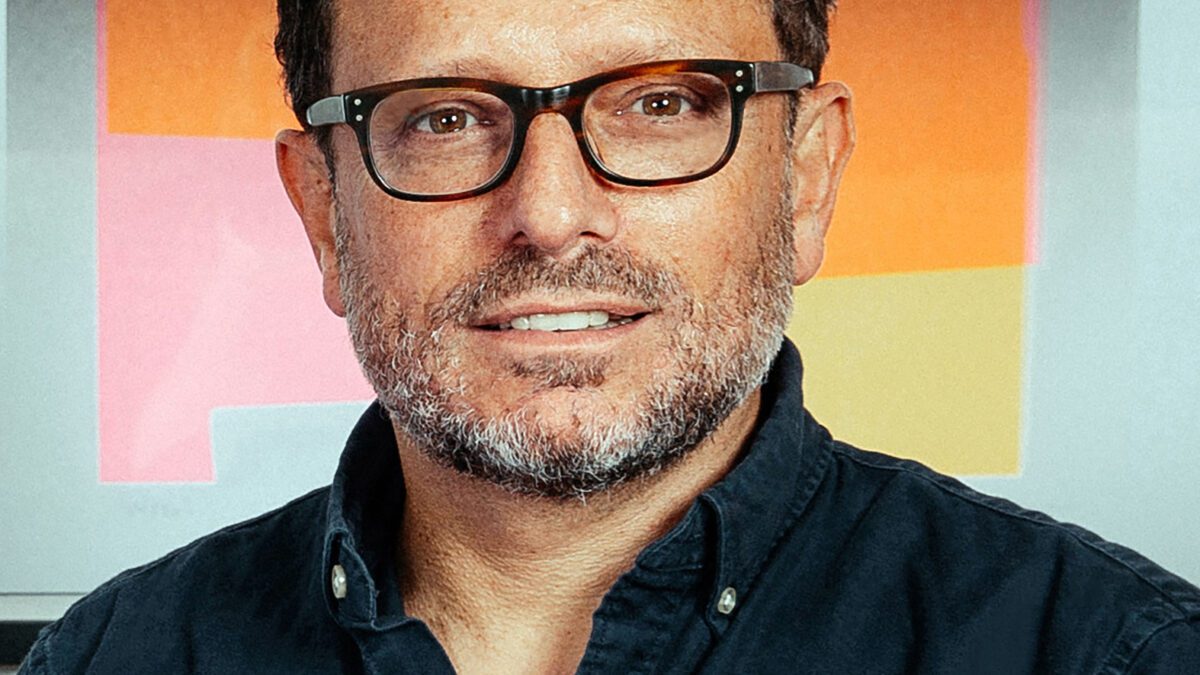Funds that prioritise socialand environmentalbenefits are popular but problematic
ESG funds, short for Environmental, Social and Governance, are attracting more and more investor attention every year. According to the data provider Refinitive Lipper, the ESG sector saw inflows of US$649 billion in 2021. This is well up on the US$542 billion for 2020, and $285 for 2019.
For many investors, the idea of aligning their financial decisions with their desire to protect the planet and to ‘do the right thing’ makes a huge amount of sense. However, ESG is not exactly an easy set of terms to define or, indeed, to measure effectively.
Stuart Cash, a former Goldman Sachs partner and one of the three founders of the wealth advisory firm, Y-TREE, points out that the firm recently held a special event hosted by the news presenter Jon Sopel which analysed ESG investing, among other topics.
The title of the event was: ‘The world will be a better place in 5, 50 and 500 years’. Clover Hogan, the climate activist and founding CEO of Force of Nature, argued that if companies are beholden to their shareholders instead of their stakeholders, it is extremely difficult for CEOs to transition to business models that truly prioritise solving planetary problems.
A second Y-Tree event that took place in July this year, entitled ‘The Value Revolution: Reimagining Worth’ saw speakers argue that, on the plus side, ESG represents a welcome social shift in consciousness. However, one speaker called it a potentially dangerous distraction from demands for a more robust regulatory framework and more direct government action.
Cash says that Y TREE’s mission when working with high-net-worth business clients is to get them to think holistically.
“ESG is all very well, but when you dig into it, these kinds of people can have the most beneficial impact when they turn their attention to what their businesses are actually doing. It’s not just about moving your investments to an ESG portfolio. If you really want to have a positive impact on the world you need to look at the businesses and charitable organisations that you work with or control.
“People quickly realise that they really can focus their efforts to achieve better planetary outcomes and a more sustainable world when they concentrate on activities that they control or can influence directly,” he says.
For Cash, the problem with ESG investing is that despite a huge array of efforts by various parties, including the UN, it is very difficult to find accurate, comparable measurements.
“What I take note of particularly is that we are in the midst of a tremendous, multi-year wealth shift, amounting to around US$5.5 trillion, from the baby-boomer generation to the millennials. We will see a lot more focus on ESG as this evolves.
“Another key fact is that by 2026 some 60 per cent of the UK’s wealth will be in the hands of women.
Those two shifts, we think, will have a huge impact on refining the way we think about ESG investing.”

People can have the most beneficial impact when they turn their attention to what their businesses are actually doing
Stuart Cash,
Former partner at investment bank Goldman Sachs



